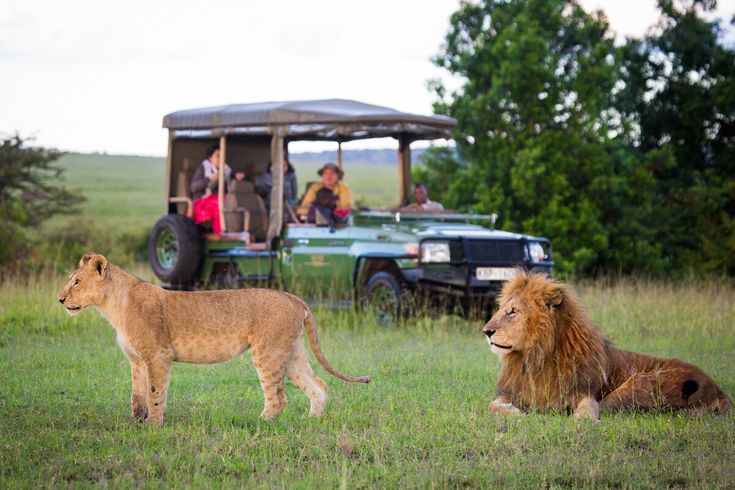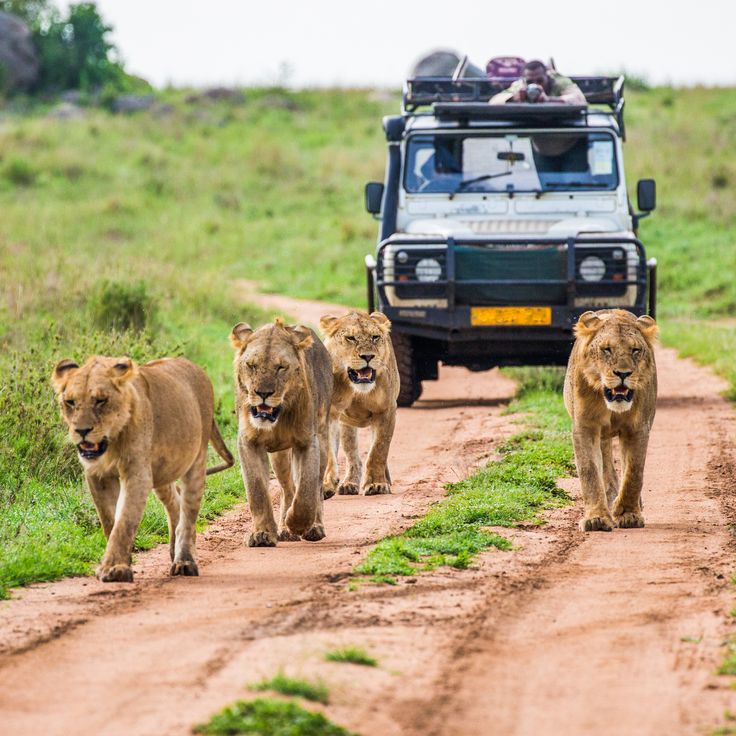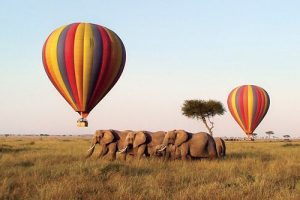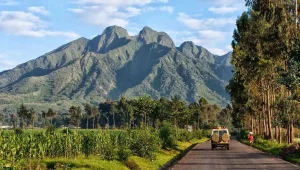Planning Your First African Safari
Planning Your First African Safari is an exciting adventure that promises unforgettable encounters with wildlife, breathtaking landscapes, and vibrant cultures. However, proper planning is key to ensuring a seamless and enjoyable experience. Whether you’re dreaming of seeing the Big Five, exploring savannah plains, or relaxing in luxury lodges, this guide will help you prepare for your journey.

1. Choosing Your Safari Destination
Africa offers a variety of safari destinations, each with unique landscapes, wildlife, and experiences. Some popular options include:
- Kenya and Tanzania: Renowned for the Great Migration, these countries are home to the Serengeti, Maasai Mara, and Ngorongoro Crater.
- South Africa: Famous for Kruger National Park and private reserves like Sabi Sands, ideal for first-time safari-goers seeking diverse wildlife and accessibility.
- Botswana: Known for its pristine wilderness, Botswana offers exclusive safaris in the Okavango Delta and Chobe National Park.
- Uganda and Rwanda: Perfect for gorilla and chimpanzee trekking in Bwindi Impenetrable Forest and Volcanoes National Park.
- Namibia: A unique option with stunning desert landscapes and wildlife in Etosha National Park.
Tips:
- Research the best time to visit each destination, as seasons influence wildlife visibility.
- Consider your interests, such as birdwatching, luxury experiences, or adventure.
2. Types of Safaris
There are various types of safari experiences to choose from, each offering something special:
- Game Drives: Traditional safaris in open vehicles, perfect for exploring vast national parks.
- Walking Safaris: Guided treks that let you connect with nature and learn about smaller flora and fauna.
- Boat Safaris: Explore rivers and lakes, such as the Zambezi River or Botswana’s Okavango Delta.
- Gorilla and Chimpanzee Trekking: A unique opportunity to see primates in their natural habitat.
- Photographic Safaris: Tailored for photography enthusiasts, these safaris provide opportunities to capture stunning wildlife shots.
3. Budgeting for Your Safari
Your budget will largely determine the type of safari you choose. Costs typically include accommodation, park fees, meals, transport, and guided activities. Here’s a breakdown of safari options:
- Budget Safaris: Camping or staying in basic lodges with shared facilities. Ideal for adventure seekers.
- Mid-range Safaris: Comfortable lodges and camps offering private amenities and guided activities.
- Luxury Safaris: High-end lodges or tented camps with exceptional services, gourmet dining, and exclusive game drives.
Tips:
- Research what’s included in your package (e.g., meals, activities, transfers).
- Account for additional costs like visas, tips, and travel insurance.
4. Booking Through a Tour Operator
Booking through a reputable tour operator simplifies planning and ensures a well-organized experience. Operators provide expert guides, arrange transport, and offer tailored itineraries.
Questions to Ask a Tour Operator:
- What’s included in the package?
- How many people will be in the group?
- Are game drives in private or shared vehicles?
- What safety measures are in place?
Popular operators include &Beyond, Wilderness Safaris, and Nomad Tanzania. Research reviews and ask for recommendations before committing.
5. Packing for Your Safari
Packing the right items ensures comfort and preparedness. Here’s a list of essentials:
- Clothing: Neutral-colored clothes to blend with the environment, lightweight layers for variable temperatures, a wide-brimmed hat, and comfortable walking shoes.
- Accessories: Binoculars, a good camera, sunscreen, insect repellent, and reusable water bottles.
- Documents: Passport, visa, travel insurance, vaccination records, and copies of bookings.
- Personal Items: Medications, toiletries, and a small first-aid kit.
Tips:
- Adhere to luggage restrictions, especially for charter flights (often 15kg in soft bags).
- Avoid bright colors or camouflage patterns (the latter is illegal in some African countries).
6. Health and Safety
Health and safety are critical when planning an African safari.
- Vaccinations: Check requirements for vaccines like yellow fever. Routine immunizations should also be up-to-date.
- Malaria Prevention: Most safari destinations are malaria-prone. Take antimalarial medication and use insect repellent.
- Travel Insurance: Choose comprehensive insurance that covers medical emergencies, cancellations, and evacuations.
Safety Tips:
- Always follow your guide’s instructions during game drives or walks.
- Never approach wildlife or leave your vehicle during drives.
- Avoid drinking tap water; stick to bottled or purified water.
7. Best Times to Visit
The best time for a safari depends on the destination and your priorities:
- Dry Season (June to October): Wildlife congregates around water sources, making them easier to spot. This is peak safari season in most regions.
- Wet Season (November to May): Ideal for birdwatching and lush landscapes. Many parks have fewer crowds and lower prices, but wildlife can be more dispersed.
8. Accommodation Options
From luxurious lodges to basic campsites, safari accommodations cater to all preferences:
- Lodges: Offer comfort and convenience, often located near wildlife hotspots.
- Tented Camps: Combine adventure with comfort, offering private tents with en-suite facilities.
- Mobile Camps: Temporary setups that move with the migration or seasonal wildlife patterns.
Tips:
- Book early, especially during peak season.
- Ask about unique amenities, such as bush dinners or outdoor showers.
9. What to Expect on Safari
A typical safari day involves early starts and thrilling activities:
- Morning Drives: Wildlife is most active in the cooler hours of dawn. These drives often last 3–4 hours.
- Midday Break: Return to camp for lunch and relaxation.
- Afternoon/Evening Drives: Another opportunity for game viewing, often accompanied by a sundowner.
- Night Drives: In some parks, guided night drives allow you to see nocturnal animals.
10. Cultural Experiences
Many safaris include opportunities to engage with local communities. Visiting a Maasai village in Kenya or learning about the San people in Botswana adds depth to your trip. These interactions highlight the connection between conservation and local cultures.
11. Eco-friendly Practices
Responsible tourism is vital for preserving Africa’s wildlife and ecosystems. Support eco-friendly lodges, avoid single-use plastics, and follow park rules. Ensure your tour operator practices ethical tourism, such as respecting wildlife and contributing to conservation.
12. Post-Safari Options
After your safari, consider extending your trip with a relaxing beach holiday or city exploration. Zanzibar, Seychelles, and Cape Town are popular choices for post-safari relaxation.
Conclusion Planning Your First African Safari
Your first African safari promises adventure, discovery, and unforgettable memories. By carefully planning your destination, budget, and activities, you can create a personalized experience that fits your preferences and expectations. From thrilling game drives to serene lodges under starry skies, Africa’s wilderness awaits to captivate your heart. Start planning today and prepare for the journey of a lifetime!




